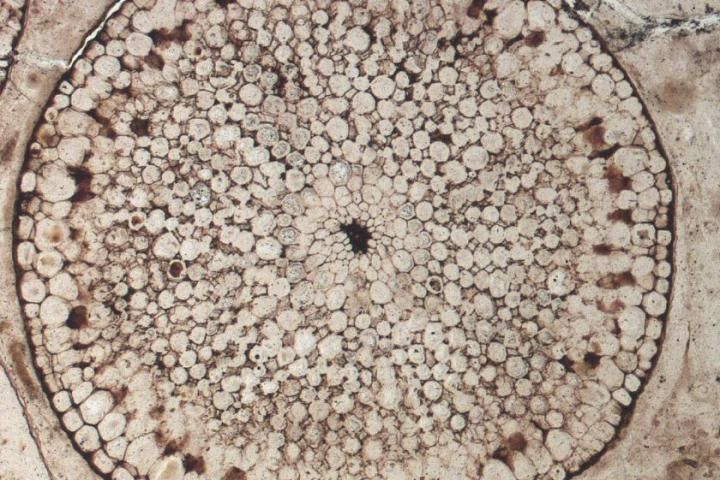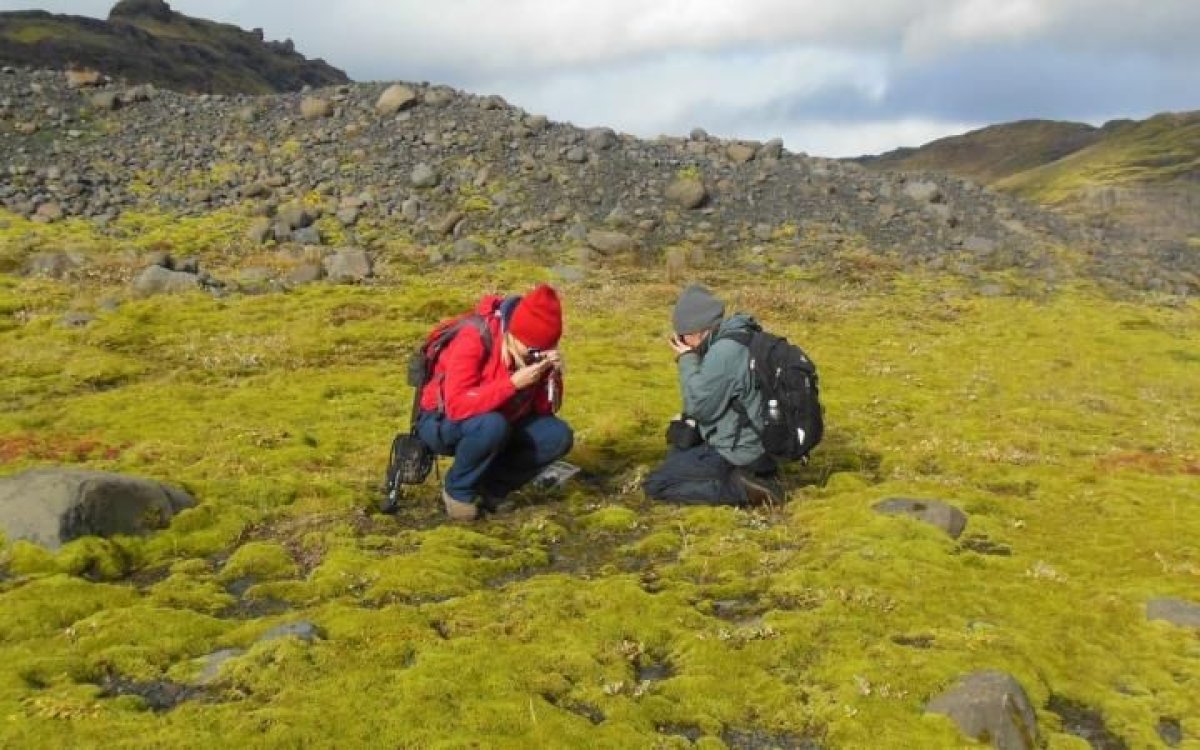
Plants grew on land 100 million years earlier than scientists previously thought, research suggests, pushing our understanding of life on Earth and even climate change back in time.
For the first four billion years in Earth's history, nothing but microbes lived on land. No plants grew on the planet's surface until the relatives of pond scum finally colonized the earth. This colonization had major implications from plant life to the makeup of the Earth's atmosphere itself.
The results were published in Proceedings of the National Academy of Sciences.
Filling the gaps in the fossil record
"Previous attempts to model these changes in the atmosphere have accepted the plant fossil record at face value," Jennifer Morris from the University of Bristol, U.K., and co-lead author on the study, explained in a statement. "Our research shows that these fossil ages underestimate the origins of land plants, and so these models need to be revised."
The team used a "molecular clock" method to help plug the gaps in the fossil record. They analyzed genetic differences between modern species and the limits placed on the age of their shared ancestors by available fossil evidence.
The researchers used this data to produce an evolutionary timescale that did not match up with previous analysis.

"Our results show the ancestor of land plants was alive in the middle Cambrian Period, which was similar to the age for the first known terrestrial animals," said co-lead author Mark Puttick from the University of Bristol in the statement.
The Cambrian Period stretched from 541 million to 485 million years ago, while the oldest fossilized land plants are around 420 million years old.
Atmospheric implications
This huge time shift could have wide-ranging implications for scientists' understanding of Earth's climate evolution. The colonization by plants of the planet's surface led to increases in continental weathering and a dramatic decrease in the volume of carbon dioxide in the atmosphere, Morris explained. This caused a global cooling which may need to be reassessed.
She added: "Previous attempts to model these changes in the atmosphere have accepted the plant fossil record at face value—our research shows that these fossil ages underestimate the origins of land plants, and so these models need to be revised.
Uncommon Knowledge
Newsweek is committed to challenging conventional wisdom and finding connections in the search for common ground.
Newsweek is committed to challenging conventional wisdom and finding connections in the search for common ground.
About the writer
Katherine Hignett is a reporter based in London. She currently covers current affairs, health and science. Prior to joining Newsweek ... Read more
To read how Newsweek uses AI as a newsroom tool, Click here.








